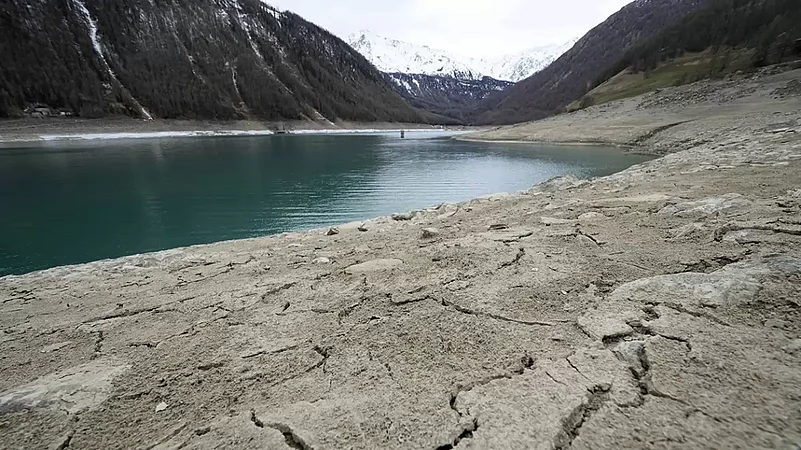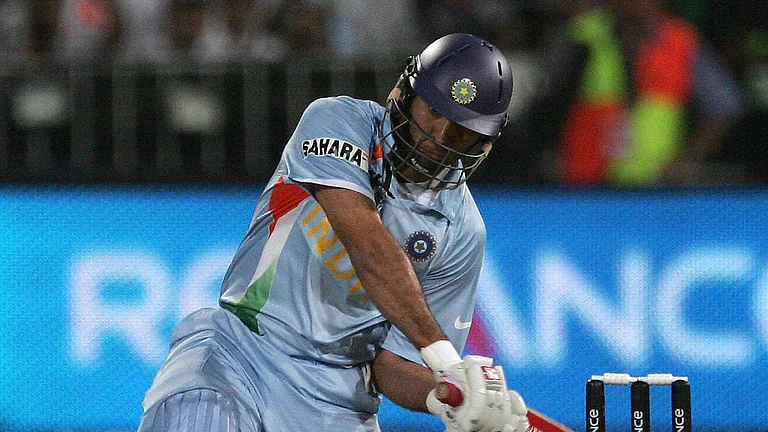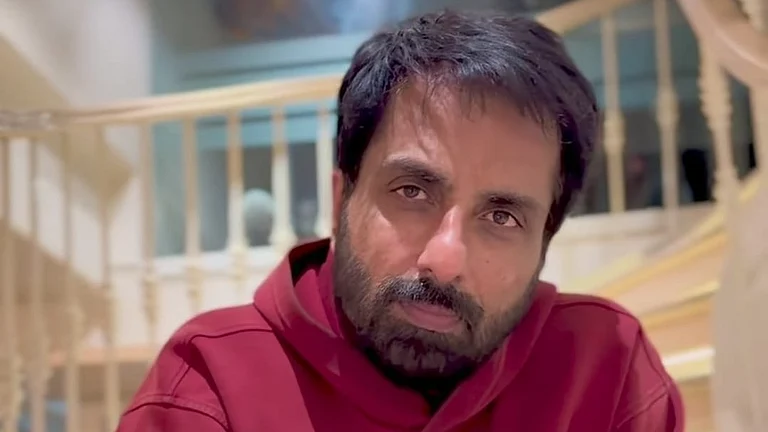A top United Nations (UN) expert has said the world is likely to face major food supplies disruption even before the temperature rise touches 1.5*C.
The countries across the world are committed to keep the temperature rise to below 1.5*C of pre-industrial level by 2100. The expert, however, has said global warming even below that threshold could cause major disruption as multiple factors combine.
Alain-Richard Donwahi, President of UN Convention to Combat Desertification's COP 15 Conference, has said the climate crisis could combine with water scarcity and poor farming practices to threaten global agriculture well before the world touches the 1.5*C temperature rise.
Donwahi said the effects of the drought were stronger than expected.
"Climate change is a pandemic that we need to fight quickly. See how fast the degradation of the climate is going – I think it’s going even faster than we predicted. Everyone is fixated on 1.5C [above pre-industrial levels], and it’s a very important target. But actually, some very bad things could happen, in terms of soil degradation, water scarcity and desertification, way before 1.5*C," said Donwahi, as per Guardian.
Donwahi further said desertification and degradation of the soil is a problem that the world can no longer ignore.
Compared to climate crises conference or the biodiversity conference last year, which received worldwide attention and media coverage, the desertification conference of the UN went largely unnoticed. Donwahi said that it could not be ignored as desertification leads to climate change. He further said that it's not just the poor countries that are at risk but everyone is at risk.
"We need to solve all the problems together. Desertification and drought leads to climate change, leads to loss of biodiversity. And when you have climate change you have droughts, floods, storms. It’s not only the poor countries, everybody is in the same boat [on food security]. Climate change, droughts, storms, floods don’t know any boundaries, they don’t need a visa to go into a country," said Donwahi.
Donwahi further called upon the private sector to invest in better soil practices. Highlighting the crises of world's soil, he said the current farming practices are oriented towards soil degradation and it needs to change.
Previously, the UN has warned that the world's soil faces risk of extinction in the coming decades. In 2019, UN Food and Agriculture Organization (FAO) Deputy Director General Maria-Helena Semedo said that Earth’s top layer of soil could be lost in the next 60 years. She added that it takes 1,000 years for the formation of 3 centimetres of top soil and the Earth is losing 30 football fields of soil every minute.
Donwahi said that the yield would be affected when sold would be affected.
"The degradation of soil comes with bad habits, and the way we do our agriculture will lead to degradation of the soil. When the soil is affected, the yield is affected...The private sector has an interest in agriculture, and the better usage of the soil. We’re talking about [improving] yields. We’re talking about agroforestry, which is another way the private sector can have a return on investment,” he said. “We have to be innovative, to find new vehicles for finance," said Donwahi, as per Guardian.





















